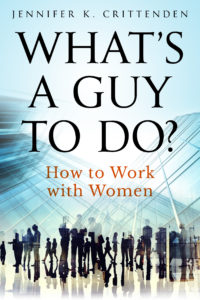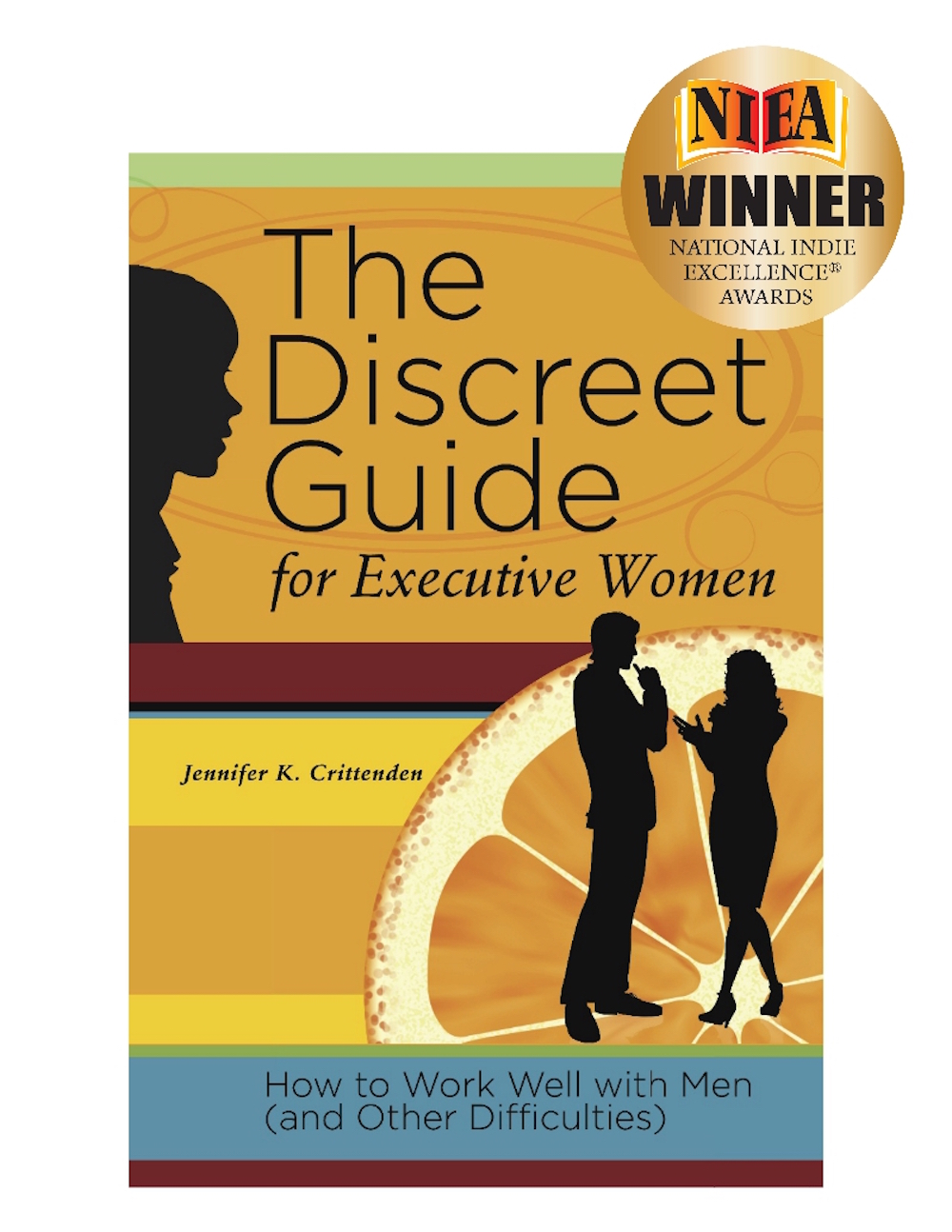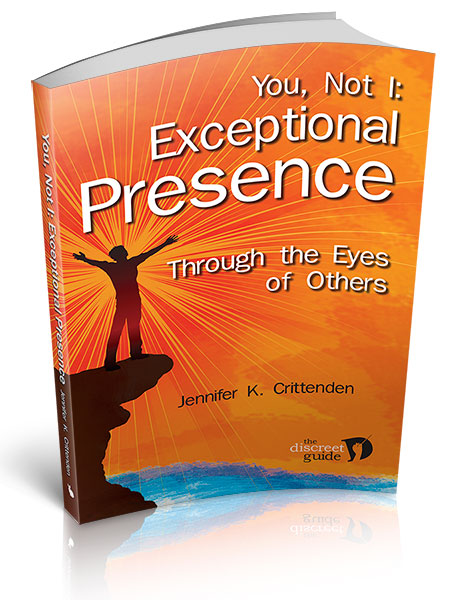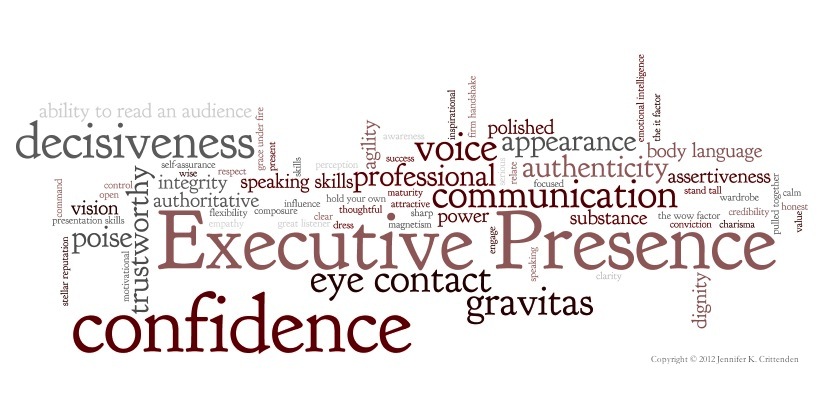“I was not a feminist,” Sheryl Sandberg, Facebook’s COO, announces early in Ken Auletta’s profile of her in The New Yorker. This is despite co-founding a group called Women in Economics and Government (along with Lawrence Summers, her thesis advisor at Harvard), coaching female executives on how to succeed during her six years at Google, changing the maternity leave policy after joining Facebook to apply to both men and women, choosing a woman to be Facebook’s head of recruiting which led to many female management hires, and organizing Women’s Leadership Day to encourage women to step up into senior roles. At her talk at TEDWomen last year, Sandberg urged women to “sit at the table, make sure you have support at home, and don’t ‘lean back,’” her term for not aggressively pursuing additional responsibilities and advancement. At the commencement speech at Barnard, she told her all-female audience to “make the barriers you face be external, not internal, and fortune favors the bold.”
This all made me go look up the definition of feminist, not for the first time. After being distracted by a banner claiming that “Feminism is a great word to know. So is ninnyhammer,” I discover that a feminist is someone who advocates for social, political and economic rights for women equal to those of men. That doesn’t sound like something Sheryl would vehemently deny. So, what part of the F-word don’t you like, Sheryl?
But Sheryl is smarter than I am. In the next couple days, I notice that the lyrics of Helen Reddy’s song from 1970 which begins “I am woman, hear me roar,” have attracted 138 comments on Lyrics Depot since 2008, one of which was written yesterday. A You-Tube video of her singing this song live posted a year ago has received 242 comments. Another recording has received 95 comments since it was posted 7 months ago, one of which was added 5 hours ago. A cover of the song posted two years ago has 361 comments. A 16-second clip has 95 comments. People, I barely remember this song, and I am old.
The comments include eye-popping furor and gnashing of teeth from men and women on “both” sides of the issue, pro-song and anti-song. Some commenters clearly needed a “hate” button to click, not just a “thumbs down.” One claims that feminism has “destroyed families and America.” Each heavy-handed, flint-eyed comment seems to generate several flame-mail spitting responses. Many are obscene.
Ironically, the video of Jordin Sparks’s more recent song, I Am Woman, performed on American Idol, has been viewed 106,644 times and has 220 comments most of which focus on her weight, her dance moves, and compare her to Beyonce. None are obscene, although one commenter wonders mildly what if a guy had written a song saying I am Man, I am Man. That made me wonder what if someone had written a song saying I am White, I am White. Maybe the lack of teeth-gnashing is because of Jordin’s lyrics in which she complains about her stilettos and a hectic life but promises that she’s the “complete package including satisfaction.” We’ve come a long way, I guess. Care for a cigarette?
So what about our educated New Yorker readers? You guessed it—more teeth-gnashing. The magazine printed three letters in response to Sheryl’s profile; in fact, all the letters printed that week were related to her article—apparently there was nothing else in the issue worth talking about. The first letter expresses outrage that Sheryl advises women to advocate for themselves instead of recognizing that there are “systemic problems that inhibit women,” such as lack of free child care. The second letter was written by Judy Rosener, a respected researcher in the field of gender issues. Her letter is so garbled I can only assume that it was incorrectly edited by the New Yorker. She first claims that companies with men and women in leadership roles experience a higher return on investment, but then suggests that we should change the performance metrics to recognize “female ways of thinking and acting.” I have seen little hard data to support the first claim, and the next suggestion implies that we would have to change the definition of return on investment for the claim to be true. The third letter criticizes the article for focussing on women with children and leaving “non-parental women in a gray zone.” At the risk of having 357 comments posted on my website in the next 83 hours, I’ll admit that if I were a male hiring manager, sitting across from a female candidate, and was being told that she needed free child care, that my company will perform better with her on board but only if I change how I measure performance, and that other women will object if she gets any special treatment because she is a mother, I would be tempted to spread my arms wide and say, “Why don’t all you ladies just go on home now.” Which means we still have a long way to go.
Copyright © 2012 Jennifer K. Crittenden





 Ten 90-minute individualized sessions. Private and confidential.
Ten 90-minute individualized sessions. Private and confidential.

